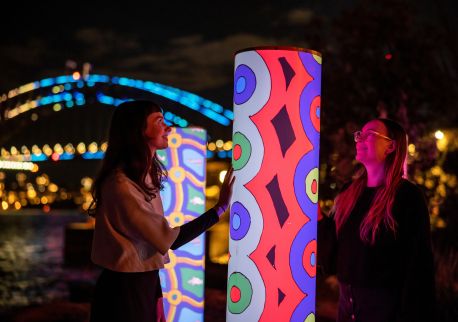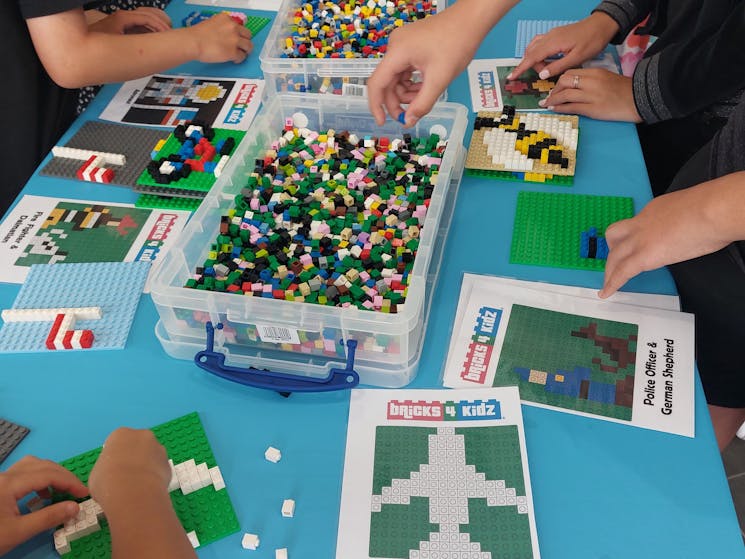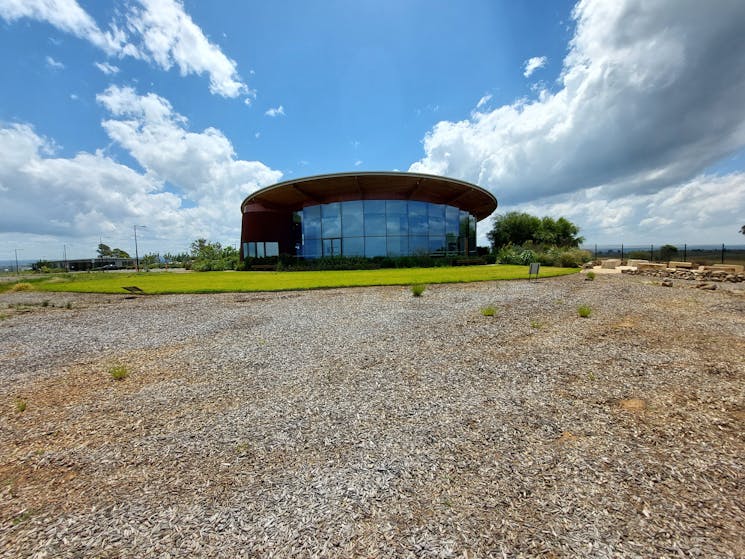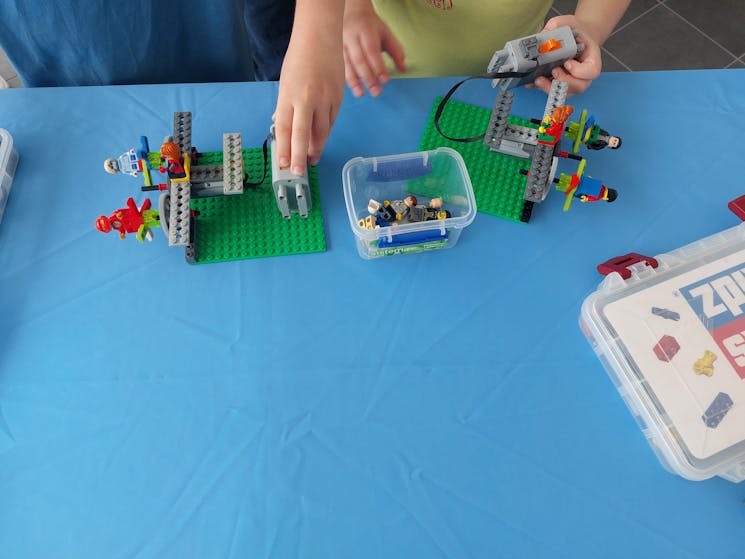School holidays at WSI Experience Centre
Thursday 24 April 2025 to Tuesday 29 April 2025 (DAILY event)
Overview
Visit during the school holiday break to enjoy fun and interactive activities to keep the kids entertained this holiday season.
They know how expensive the holidays can be, so they've created a program to keep you and your family entertained at one of the most exciting projects in Western Sydney and, in fact, Australia!
Come and explore the Western Sydney International Airport Experience Centre and let your imagination run wild as you design, construct, and create your own airport along with many other activities!
During school holidays, The Experience Centre runs a fun for all the whole family free activity program.
There will be Easter Crafts, Anzac Crafts and even Engineer Your Own Plane. Visit the website for the dates and times of each activity.
Closed on Easter Sunday and Easter Monday. The Experience Centre is closed on Thursdays, Fridays and Public Holidays.
Details can be found on the website.























